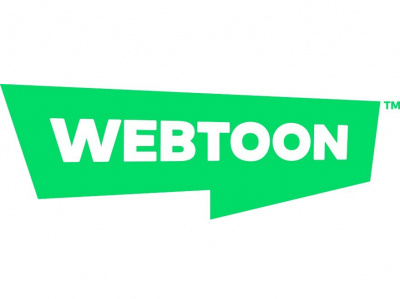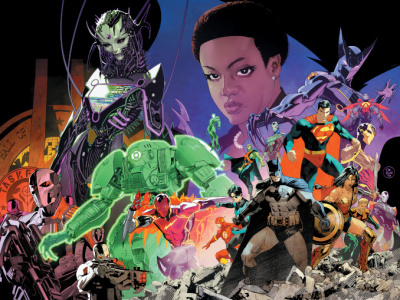
Apple’s Steve Jobs announced the company’s long-awaited tablet device on Wednesday, the iPad, along with the launch of the company’s new digital bookstore, putting Apple in direct competition with Apple, Barnes and Noble, and other retailers selling electronic books.
At only $499 at the low end, the iPad came in a lot cheaper than expected, which will allow it to become a mass market device much faster than some anticipated. And consuming content seems to be a lot of what the iPad is about; Jobs spent a lot of time talking about how the iPad will allow users to view paid content with a bigger screen and other features that make the experience much better than the iPhone’s.
So is the iPad a game-changer? We think yes. The biggest impact the iPhone had on the content business was that it offered a new environment where consumers spent money on digital content that on the desktop was primarily stolen. Now a bigger screen, color (which the Kindle and other e-book readers don’t have), and Apple’s formidable iTunes store will carry that willingness to pay money for content to a new digital environment with better ability to compete with all the alternate ways to deliver that content, including print.
For comics, readers will be able to view full pages rather than the panel-by-panel viewing necessitated by the iPhone screen size. We asked two purveyors of digital comics for their reaction to the iPad.
“With its capabilities and mass-market price, the iPad is an excellent device for digital comics,” David Steinberger, CEO of Iconology (which markets digital comics through its comiXology app), told us. “The fact that you can run iPhone apps right out of the box means Comics by comiXology will already be the leading digital comic store on the device. Because of our deep connections to retailers, this will continue to widen the distribution of comics and be a great way for people to discover, or re-discover comics. We’ve already been hard at work on displaying comics on larger screens, so we’re very excited about the iPad among other initiatives we’ll be announcing soon.”
Panelfly CEO Wade Slitkin noted the momentum he expects the new device to bring to the digital comics field. “I think this is going to give publishers a little more confidence to move forward in this nascent market,” he said. His company has also been working on applications for the larger screen. “We’ve got some exciting additions to the app that will look beautiful on the larger screen,” he said.
Digital content that’s sold instead of stolen strengthens publishers, which is a good thing. Stolen content is starting to have an impact on print sales, and a legal alternative produces revenue for publishers where previously there was none.
Retailers selling comics certainly have reason to be concerned about the impact of digital content, but there are also great opportunities to expand the market for comics content, which may ultimately lead to new customers buying graphic novels that collect the digital content they’ve read on their tablets, phones, e-readers, or desktops. And publishers have, so far, been careful to release digital content in ways that minimize channel conflict with print products. While the long term impact of online comic sales may not be positive for brick and mortar retailers, we doubt that it will be as negative as some expect—most of the negative impacts are already baked in through filesharing anyway, and market growth can offset some sales lost to digital.
On the other hand, although some companies selling video content through iTunes are excited about the opportunities the larger screen represents, two executives from anime powerhouse Funimation pooh-poohed any impact on their business by the device. Marketing director Lance Heiskell sees the iPad as primarily competition for e-book readers, rather than a device for consuming video content. “The iPad will have marginal impact on our business,” he said. “It looks like it’s Apple’s version of a netbook/e-reader. We are not involved in any print/e-reader publishing deals so our impact is not as great.”
Similarly, Funimation Conventions Manager Adam Sheehan saw its impact as relatively minimal. “From reading manga or watching anime in a casual environment such as relaxing on the couch at home or sitting in a hotel room at an anime convention it could be a nice piece of hardware, though I don’t see anyone giving up their MacBook or laptop computer for it.”
Jobs touted the iPad as a great tool for videogames, but there's also a potential impact on old school RPG sales. The PDF market for RPGs has been growing rapidly, and the iPad's larger, color screen has the potential to take roleplaying from the laptop to a simpler portable device, which may accelerate the growth of the digital RPG business. With the exception of a handful of key lines, RPGs in brick and mortar stores are a minor factor in the hobby game market already; the iPad and similar devices may offer ways to keep this form of game play more diverse and robust than would otherwise be the case.







